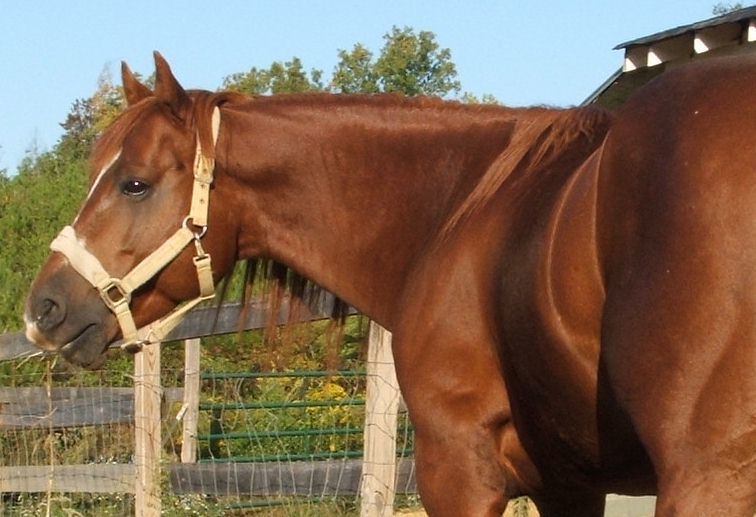- Aug 8, 2011
- 1,981
- 40
- 141
Quote:
really depends on the vet. I think the training they get in school is not that detailed, but some take an interest and are very knowlegable. I've worked with both. my sis is a small animal vet and she's super dillegent about these sorts of things. many may not be. I've had large animal vets that knew alot when I started with them, and a couple that new a lot more after I kept pestering them with questions

if you're looking for an on-line reference for horse nutrition, look up Dr. Beth Valentine on RuralHeritage.com - she's got an on-line forum and answers questions. she's one of the leading vets in draft horses, and one of the very most knowlegeable about EPSM. interestingly, even though EPSM was thought to be a draft-only issue, they're starting to discover it's pretty common - and widely misdiagnosed - in high performance horses of all breeds. nutrition and diet are huge factors in managing EPSM so she's got a lot of knowledge in nutrition in horses in general.
might not be the ultimate resource for pasos, but there's a lot about general horse nutrition you can learn from perusing her forums.
really depends on the vet. I think the training they get in school is not that detailed, but some take an interest and are very knowlegable. I've worked with both. my sis is a small animal vet and she's super dillegent about these sorts of things. many may not be. I've had large animal vets that knew alot when I started with them, and a couple that new a lot more after I kept pestering them with questions

if you're looking for an on-line reference for horse nutrition, look up Dr. Beth Valentine on RuralHeritage.com - she's got an on-line forum and answers questions. she's one of the leading vets in draft horses, and one of the very most knowlegeable about EPSM. interestingly, even though EPSM was thought to be a draft-only issue, they're starting to discover it's pretty common - and widely misdiagnosed - in high performance horses of all breeds. nutrition and diet are huge factors in managing EPSM so she's got a lot of knowledge in nutrition in horses in general.
might not be the ultimate resource for pasos, but there's a lot about general horse nutrition you can learn from perusing her forums.


